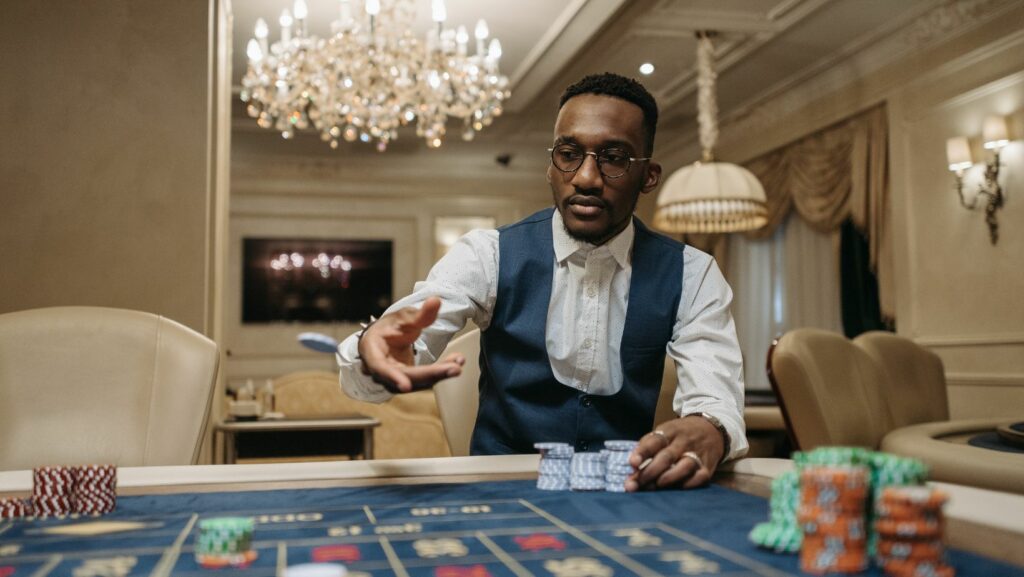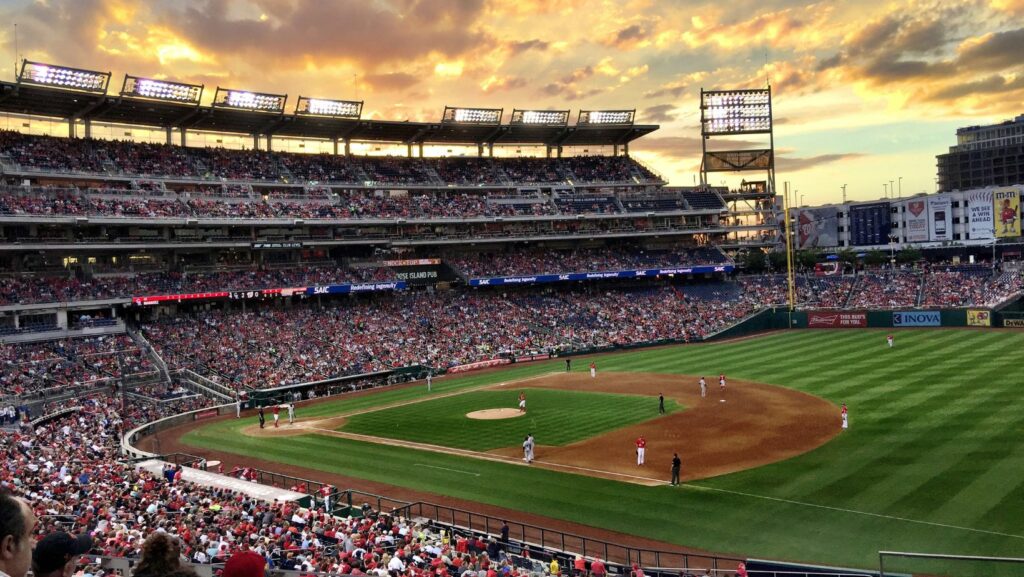In a world increasingly driven by algorithms and analytics, the age-old human instinct to predict the future remains as compelling as ever. From guessing who will win the next season of a reality TV show to placing bets on the outcome of major awards ceremonies, prediction is not only entertainment — it’s a culture. Whether you’re cheering your footy team on during the NRL or speculating on who might headline Glastonbury next, the art of guesswork blends emotion, logic and a touch of calculated risk.
The Psychology Behind Prediction
At the heart of our collective love for guessing lies a deep psychological need for pattern recognition. Human brains are hardwired to seek order in chaos, to link cause and effect even when outcomes are uncertain. This is why so many people find themselves drawn to making predictions — it offers a sense of control in unpredictable situations.
This desire is amplified in competitive environments, where making accurate guesses can confer status, pride, or even financial gain. For sports fans, especially in leagues like the NRL or AFL, predicting outcomes taps into tribal loyalty. Similarly, fans of horse racing or greyhound racing often develop an intimate knowledge of form, history and track conditions — all in the name of tipping the winner.
Entertainment Meets Analytics
In recent years, entertainment has become fertile ground for prediction culture. Reality television shows such as The Masked Singer, Survivor, or The Bachelor have grown communities dedicated to forecasting each episode’s outcomes. These predictions are no longer purely intuitive; fans dig into contestant bios, social media chatter, and editing patterns to make informed guesses.
Interestingly, this predictive culture has also expanded into politics, where elections, leadership challenges and major policy decisions are increasingly subject to speculation and wagers. Political betting reflects not just interest in outcomes, but a broader fascination with power dynamics, influence, and the public mood. Here, guesswork becomes a reflection of societal tensions and the shifting sands of political allegiance.
This data-driven approach mirrors techniques used in sports betting, where form guides, statistical models, and track records are employed to gain an edge. Entertainment betting has evolved beyond mere novelty — it’s become a strategic exercise in observation, research and sometimes, insider knowledge.
The Role of Technology and Social Media
Technology has supercharged the culture of guesswork. Social media, forums, and predictive apps now allow punters to share tips, discuss odds, and crowdsource insights. Platforms like Reddit or X (formerly Twitter) are hotbeds for fan theories and speculative chatter, particularly around live TV and award shows.

Moreover, the gamification of prediction — where users are rewarded for accurate calls with points, prestige, or prizes — has blurred the lines between betting, fandom, and interactive entertainment. Fantasy leagues and tipping competitions leverage this trend, further entrenching prediction as a participatory pastime rather than passive viewing.
Risk and Reward: What’s at Stake?
For seasoned fans and gamblers, guesswork is not just for fun — it’s a serious game of margins. The thrill of a win is not merely financial; it’s validation of knowledge, intuition and dedication. But with this comes risk, especially in events where outcomes are less measurable than a time trial or goal tally.
Entertainment betting poses unique challenges in this regard. Unlike sport, where performance metrics are more transparent, pop culture events are often subjective or based on private panel decisions. This makes forecasting less of a science and more of an art, where sharp instincts can be as valuable as hard data.
Yet, for those looking to navigate this landscape wisely, it’s possible to compare markets and find the most odds for entertainment betting through reputable platforms that offer competitive pricing across a range of popular events.
Making Sense of What’s Next
At its core, the culture of guesswork speaks to something innately human: the desire to make sense of what’s next. It transcends mere wagering, embedding itself into how we consume media, follow sport, and engage with one another.

Prediction creates community. It sparks debates, fuels conversations, and enhances the emotional investment in events that may otherwise be passive. Whether you’re yelling at the telly during a dramatic elimination, checking form guides before the races, or debating a coaching strategy down at the pub, you’re participating in a culture as old as sport itself.
From Speculation to Culture
Guesswork has evolved from idle speculation into a dynamic and complex part of modern culture, combining emotion, logic and technology in increasingly sophisticated ways. While uncertainty remains its very essence, it’s the pursuit of accuracy, the thrill of the hunch, and the camaraderie of shared stakes that make it a truly engaging pursuit. In an era of increasing automation, it’s comforting to know that some things — like a good old-fashioned prediction — remain very much in human hands.



